Planxty were an Irish folk music band formed in January 1972, consisting initially of Christy Moore, Andy Irvine, Dónal Lunny, and Liam O'Flynn. They transformed and popularized Irish folk music, touring and recording to great acclaim.

Andrew Kennedy Irvine is an Irish folk musician, singer-songwriter, and a founding member of Sweeney's Men, Planxty, Patrick Street, Mozaik, LAPD and Usher's Island. He also featured in duos, with Dónal Lunny, Paul Brady, Mick Hanly, Dick Gaughan, Rens van der Zalm, and Luke Plumb. Irvine plays the mandolin, mandola, bouzouki, harmonica, and hurdy-gurdy.

Moving Hearts is an Irish Celtic rock band formed in 1981. They followed in the footsteps of Horslips in combining Irish traditional music with rock and roll, and also added elements of jazz to their sound.

Dónal Lunny is an Irish folk musician and producer. He plays guitar and bouzouki, as well as keyboards and bodhrán. As a founding member of popular bands Planxty, The Bothy Band, Moving Hearts, Coolfin, Mozaik, LAPD, and Usher's Island, he has been at the forefront of the renaissance of Irish traditional music for over five decades.

Traveller is an album by Christy Moore, released in 1999.
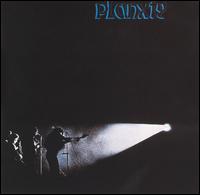
Planxty is the first album by the Irish folk group Planxty, recorded in London during early September 1972 and released in early 1973.

Cold Blow and the Rainy Night is the third album by the Irish folk group Planxty. It was recorded in Sarm Studios, Whitechapel, London during August 1974 and released the same year. It takes its title from the third song on the album, "Cold Blow and the Rainy Night".
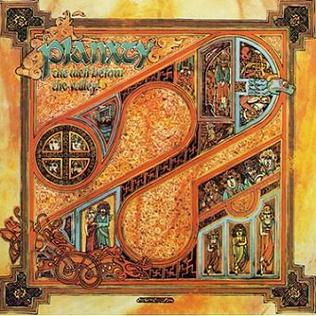
The Well Below the Valley is the second album by the Irish folk group Planxty. It was recorded at Escape Studios in Kent, England, from 18 June 1973 until the end of the month, and was released later that year. It takes its title from the sixth song on the album, "The Well Below the Valley".

Ordinary Man is the tenth studio album by Irish folk artist, Christy Moore. It features songs like "Ordinary Man", "St. Brendan's Voyage" and "Another Song is Born". The album featured songs by Peter Hames, Johnny Mulhearn, Hugh McDonald, Colm Gallagher and Floyd Red Crow Westerman; as well as some backing vocals by Enya on "Quiet Desperation", "Sweet Music Roll On" and "The Diamondtina [sic] Drover" and some fine uilleann pipes work by Liam O'Flynn. The original release of the album featured the song "They Never Came Home" which Moore wrote for the victims and families of the Stardust fire. The song was quickly removed from the album because the lyrics were found to be libelous.

After The Break is the fourth studio album by the Irish folk music band Planxty, recorded at Windmill Lane Studios from 18 to 30 June 1979 and released the same year. It was the band's first of two releases on Tara Records.
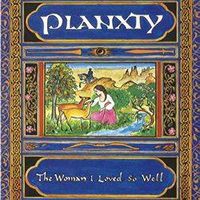
The Woman I Loved So Well is the fifth studio album by Planxty. Like their previous album, After The Break, the album was recorded at Windmill Lane Studios and released by Tara Records. Co-produced by band member Dónal Lunny and engineer Brian Masterson, the album was recorded in April and May of 1980 and released on LP in July of that year. It remains in print on CD and in digital form from Tara to date.

The Iron Behind the Velvet is an album recorded by Christy Moore in 1978, after the first breakup of Planxty. It was produced jointly by Brian Masterson and Moore, and recorded and mixed at Lombard and Keystone Studios, Dublin.

Whatever Tickles Your Fancy is the third solo album by Irish folk musician Christy Moore, released in 1975.
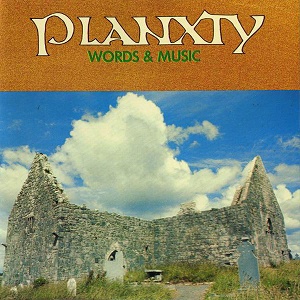
Words & Music is the sixth album by the Irish folk band Planxty, produced by Dónal Lunny and recorded at Windmill Lane Studios in late October and early November of 1982; it would be their only release on the WEA label. In 1989, the album was reprinted by the Shanachie label, who have kept it in print ever since.
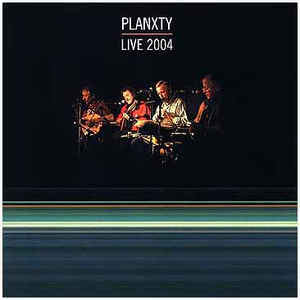
Live 2004 is an album recorded live by the Irish folk band Planxty.
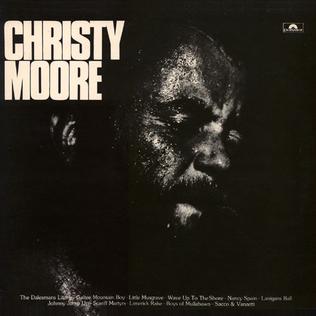
Christy Moore is the fourth solo album by Irish folk musician Christy Moore, released in 1976.

H Block is an album recorded by various Irish folk artists, and produced by Christy Moore in 1978.

The Time Has Come is an Irish folk music album by Christy Moore. The album also features instrumental work by Irish musician Dónal Lunny.
Declan Masterson is an Irish uilleann piper, traditional musician, composer and arranger. In addition to pursuing a solo career and playing with Moving Hearts and Patrick Street, Masterson was one of the Riverdance musicians.

Between the Jigs and the Reels: A Retrospective is a two-disc anthology by the Irish folk band Planxty. It includes a 17-track CD and a 36-track DVD with over two hours of previously unreleased footage (1972–1982) from RTÉ archives.

















